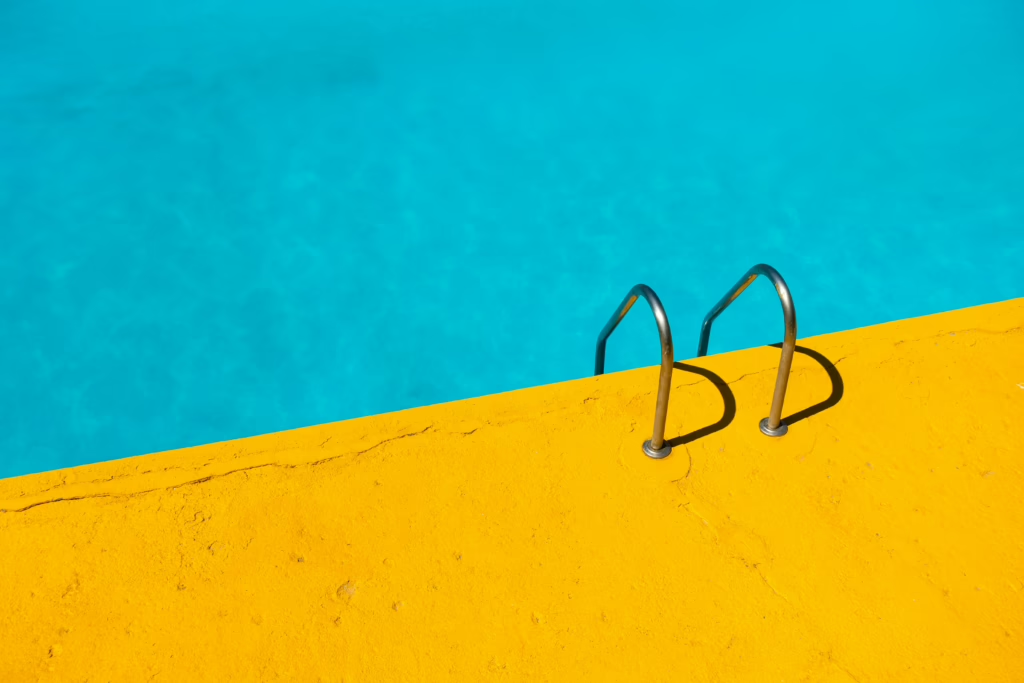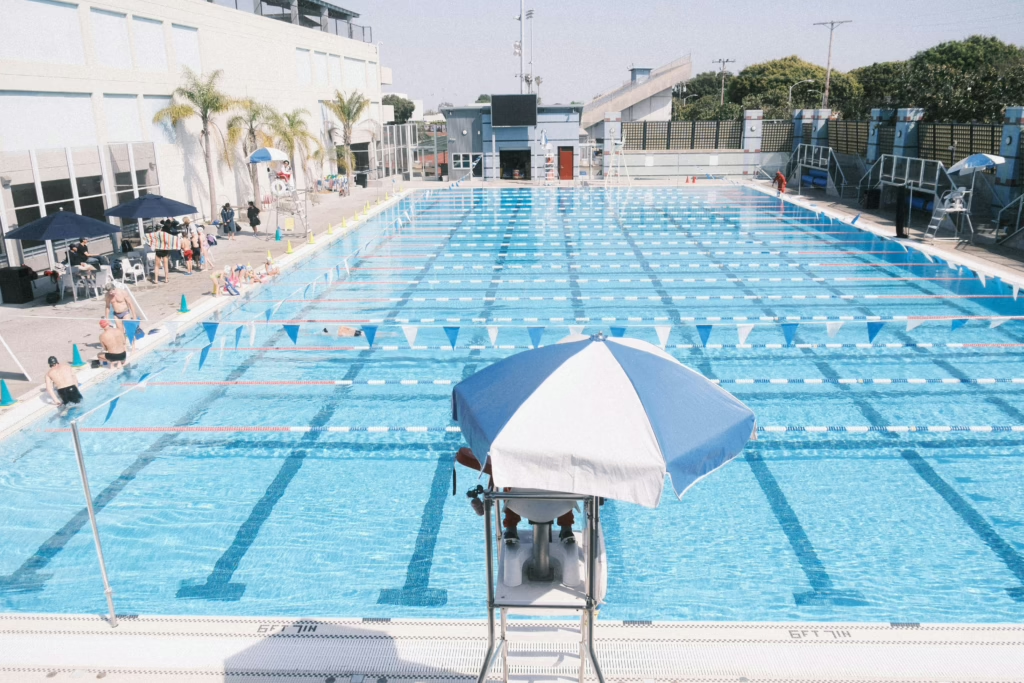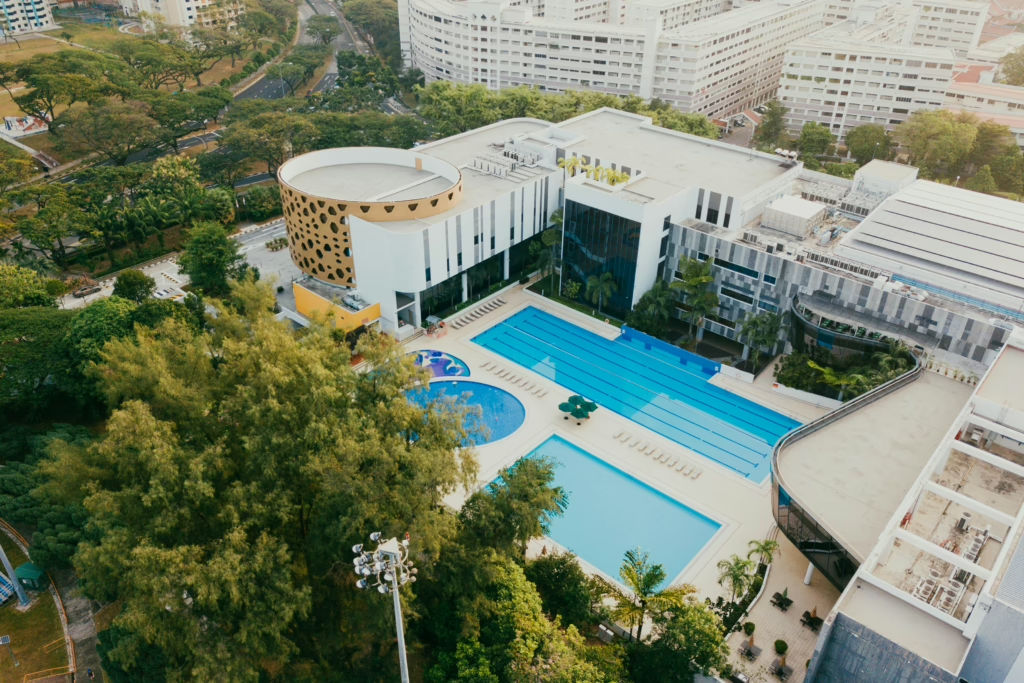When your pool pump starts acting up, you’re faced with a common dilemma: repair or replace it? While repairs can be quick and cost-effective in some cases, a replacement may save you money in the long run by offering improved performance and energy efficiency.
Choosing the right option depends on several factors, including the age of your pump, the severity of the issue, and your budget. This guide will help you navigate the decision-making process by outlining the signs that repairs are sufficient when replacement is the better choice and the costs and benefits of both options.
Signs You Need a Repair
When your pool pump starts showing signs of trouble, it doesn’t always mean you need a complete replacement. Repairs are often the most practical and cost-effective solution, mainly if the problem is minor and the pump is still within its expected lifespan. Here are some common issues that indicate your pump may need a repair:
1. Leaks
Leaks are among the most common—and fortunately, one of the easiest—pool pump problems to address. They’re often caused by worn seals, gaskets, or connections that deteriorate over time due to constant exposure to water and pressure.
If you notice water pooling around your pump or dripping from the housing, it indicates that repairs are needed. Replacing seals or gaskets is straightforward and can usually be completed within an hour. Ignoring leaks, however, can lead to more serious issues, such as internal corrosion or motor damage, which are far more costly to repair.
2. Electrical Problems
Electrical issues might sound intimidating, but many are relatively minor and inexpensive to fix. If your pump isn’t turning on, it could be due to a tripped circuit breaker, a faulty switch, or loose wiring. Power surges, moisture intrusion, or general wear and tear often cause these issues.
A professional technician can quickly diagnose and resolve these problems without extensive repairs. Addressing electrical issues promptly gets your pump back in action and prevents further damage to the motor or other components.
3. Noisy Operation
Pool pumps aren’t whisper-quiet, but sudden grinding, screeching, or rattling sounds are a sure sign of trouble. This noise typically points to worn-out bearings, which keep the motor running smoothly. Bearings naturally wear down over time but are replaceable without swapping out the entire engine.
Another possible culprit is debris lodged in the impeller, which can throw off the pump’s balance and create loud, unsettling noises. Cleaning or replacing the impeller is a relatively simple fix that restores quiet, efficient operation.
Why Timely Repairs Matter
Addressing these issues promptly can save you significant time and money in the long run. Left unchecked, minor problems like leaks or noisy bearings can escalate into more severe damage, requiring extensive repairs or a complete pump replacement. Regular maintenance and immediate attention to minor issues help keep your pump running efficiently and extend its lifespan.
If you notice any of these signs, it’s time to schedule a repair. Contact PoolLogic San Diego for expert pool pump repair near you and enjoy fast, reliable service to keep your pool in perfect shape!
Cost of Repairs and Expected Lifespan
Most minor repairs cost between $150 and $500, depending on the issue. If your pool pump is less than five years old and has a history of reliable performance, a repair is likely to restore it to suitable working condition for several more years. However, it may be time to consider a replacement if repairs become frequent or costly.
When to Consider Replacement
In some cases, replacing your pool pump is the smarter investment. Here are scenarios where replacement makes sense:
- Major Component Failures: Repairs may not be cost-effective if the motor burns out or the pump housing cracks. These issues often require extensive labor and expensive parts.
- Outdated Models: Older pumps, especially those over 10 years old, are often less efficient and more prone to frequent breakdowns. Replacing them with a modern, energy-efficient model can lower your utility bills.
- Energy Efficiency Upgrades: Newer pumps, such as variable-speed models, consume significantly less energy than older single-speed pumps. Although the upfront cost is higher, the long-term savings on energy bills often make replacement worthwhile.
Cost Comparison
- Repair Costs: Depending on the issue, typically range from $150 to $700.
- Replacement Costs: A new pump can cost between $800 and $2,500, including installation.
However, rebates and energy savings can offset these costs over time.
Cost Breakdown
To help you weigh the options, here’s a closer look at the costs involved in repairs versus replacement:
Average Costs of Repair
- Seal or gasket replacement: $150–$300
- Motor repair: $300–$600
- Impeller cleaning or replacement: $150–$350
Average Costs of Replacement
- Single-speed pump: $800–$1,200
- Variable-speed pump: $1,200–$2,500 (installation included)
Long-Term Savings
Switching to an energy-efficient pump can reduce energy consumption by up to 80%. Depending on usage and energy rates, these savings can total $1,500 or more over the lifespan of a new pump.
Environmental and Operational Considerations
Upgrading to a modern pool pump isn’t just about cutting costs—it’s also a step toward a more sustainable and efficient pool system. Today’s advanced pumps are designed with the environment and operational improvements in mind, making them a smart choice for eco-conscious homeowners. Here’s how these pumps benefit both you and the planet:
1. Improved Efficiency
One of the standout features of modern pool pumps, particularly variable-speed models, is their energy efficiency. Unlike traditional single-speed pumps that run at full power all the time, variable-speed pumps adjust their speed based on the pool’s needs. For example:
- During light usage periods, such as overnight or on cooler days, the pump operates at lower speeds, consuming significantly less electricity.
- Even at lower speeds, these pumps maintain optimal circulation, ensuring your pool stays clean without overexerting the motor.
The result? A dramatic reduction in energy consumption—up to 80% less than single-speed pumps—translates to substantial electricity bill savings. This efficiency also means less strain on the pump itself, which can extend its lifespan.
2. Reduced Water Waste
Modern pumps are engineered to optimize water flow, which has a direct impact on reducing water waste. Here’s how:
- Less Backwashing: High-efficiency pumps work with advanced filtration systems, reducing the need for frequent backwashing. This saves water and minimizes the loss of pool chemicals.
- Improved Filtration: By maintaining consistent flow rates, these pumps help your filter work more effectively, catching debris and contaminants without overburdening the system.
These innovations conserve water and make pool maintenance more manageable and more sustainable.
3. Compliance with Regulations
In California and other states, energy efficiency regulations for pool equipment are becoming increasingly stringent. Recent legislation makes single-speed pumps no longer compliant for new installations or replacements, making variable-speed models the standard.
By upgrading your pool pump, you:
- Ensure compliance with local energy-efficiency laws, avoiding potential fines or restrictions.
- Future-proof your pool system against evolving environmental standards.
- Actively reduce your pool’s environmental footprint by lowering energy consumption and associated greenhouse gas emissions.
Additional Environmental Benefits
- Quieter Operation: Variable-speed pumps save energy and run quieter than their single-speed counterparts. This reduces noise pollution, making your pool area more enjoyable for you and your neighbors.
- Longer Lifespan: Because modern pumps are built with advanced materials and operate more efficiently, they experience less wear and tear, resulting in fewer replacements and less waste over time.
- Support for Renewable Energy: Lower electricity usage means your pool system is better suited for integration with renewable energy sources, such as solar power, further enhancing your home’s eco-friendliness.
Making the Decision
If you’re still unsure whether to repair or replace your pool pump, consider these factors:
- Age of the Pump: Pumps under five years old are usually worth repairing, while those over ten may benefit from replacement.
- Repair History: A pump that’s needed frequent repairs in the past may continue to have issues.
- Cost of Repair vs. Replacement: If repair costs exceed 50% of the price of a new pump, replacement is often the better choice.
- Energy Efficiency: An older, inefficient pump may cost more to operate over time than the price of a new energy-efficient model.
Professional Advice
The PoolLogic, San Diego team, can help you weigh your options based on the specific condition of your pump. Our technicians assess the damage, estimate costs, and recommend the best course of action, ensuring your decision aligns with your budget and long-term goals.
Final Thoughts
Deciding between repairing or replacing your pool pump doesn’t have to be overwhelming. You can make an informed choice by evaluating the severity of the issue, the age of your pump, and the potential cost savings of a replacement.
Need help deciding? Contact PoolLogic San Diego today for expert advice and professional pool pump repair near you. We’ll help you keep your pool running smoothly year-round!



